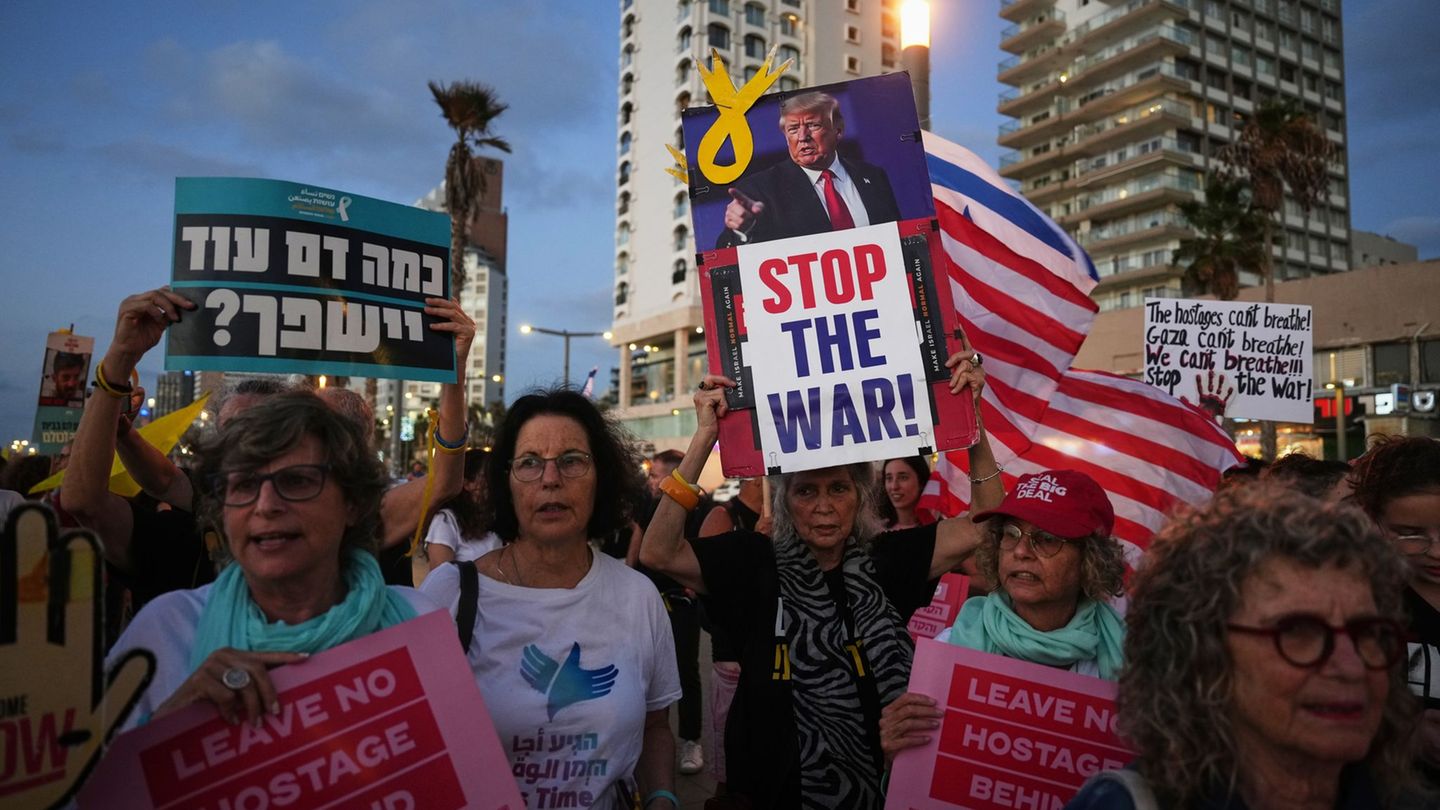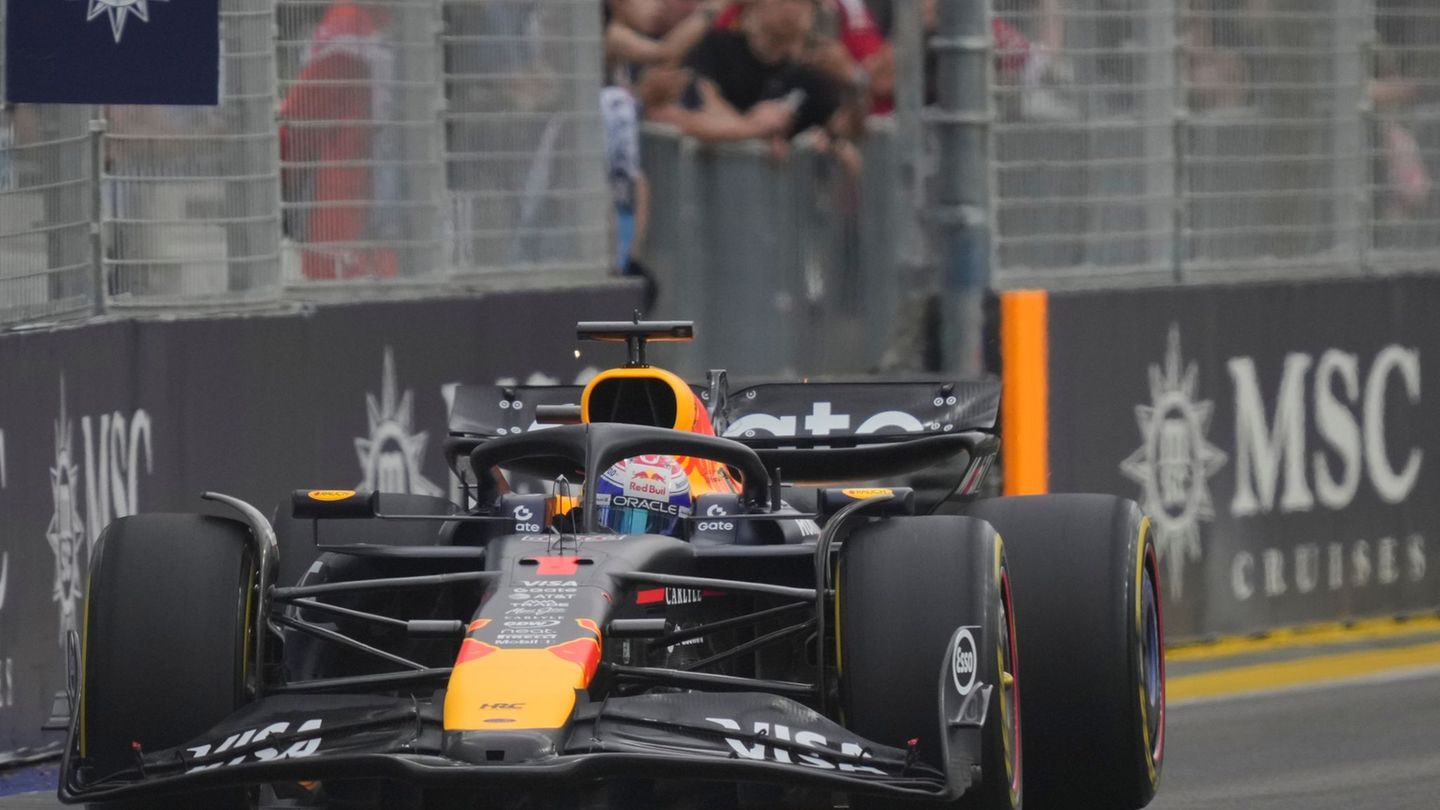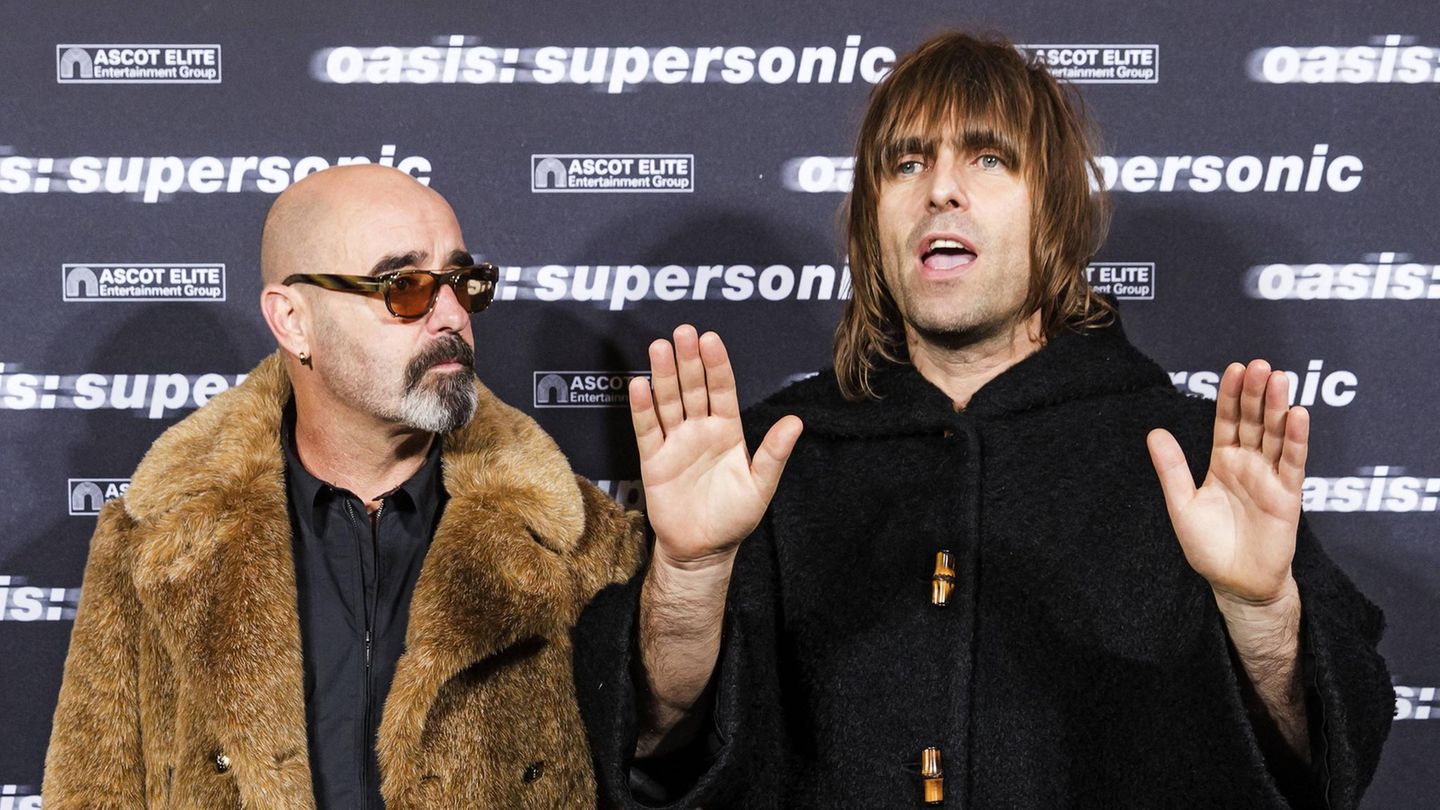No grain from Ukraine has crossed the Black Sea since the beginning of the week; Russia has ended the export agreement. The UN warns of devastating effects – and Moscow is making demands.
The United Nations has warned of worsening global famines after Russia pulled out of the deal to export Ukrainian grain across the Black Sea.
For the 362 million people in 69 countries who are dependent on food aid, the decision is “a threat to their future and the future of their children and their families,” UN Emergency Relief Coordinator Martin Griffiths told the United Nations Security Council in New York. “They are not sad, they are angry. They are afraid, they are worried. Some will starve, others will starve. Many could die as a result of these decisions.”
Millions of tons of food
On Monday, Moscow declared the agreement on exporting Ukrainian grain across the Black Sea to be over, despite all international appeals. Moscow then announced that it would consider ships calling at Ukrainian ports as possible military targets in the future. In the past few nights, Russia had attacked the port of Odessa, from which many millions of tons of food have been exported in recent months, and other Ukrainian cities on the Black Sea. Moscow has been waging a war of aggression against Ukraine for 17 months.
Speaking to the Security Council, UN High Representative for Political Affairs Rosemary DiCarlo warned Russia against an escalation of the Black Sea situation: “Any risk of conflict spilling over as a result of a military incident in the Black Sea, whether intentional or unintentional, must be avoided at all costs as it could have potentially catastrophic consequences for all of us.”
Ukrainian President Volodymyr Zelenskyy spoke with Turkish President Recep Tayyip Erdogan on Friday evening about a possible return to the agreement. “Opening the grain corridor has absolute priority,” Zelenskyy said after a phone call with Erdogan in Kiev. “Together we must prevent a global food crisis.”
Russia sees the UN’s turn
Meanwhile, Russian Deputy Foreign Minister Sergey Wershinin sees the United Nations as taking the lead for a possible new agreement. “The ball is – as is sometimes said now – on the side of our partners with whom we worked. We are now waiting for a reaction from them,” Vershinin told journalists in Moscow.
The deputy minister stressed that in the course of the grain agreement a year ago with the United Nations, a memorandum with a validity of three years was signed, which contains Russia’s conditions for the deal. Russia is asking the West to relax sanctions so that it can sell its own grain and fertilizer more easily on the world market. Moscow complains that in the course of the EU sanctions, for example, the exclusion of Russian banks from the Swift financial transaction system is hindering transactions. Insurance could not be taken out for the freighters either.
The EU emphasizes that Russian grain and fertilizer are exempt from the sanctions and that many banks are still connected to Swift. However, Vershinin replied that the “spirit of sanctions” was radiating and that many partners also shy away from doing legal business with Russia. That is why Russia wants to achieve easing in principle. At the same time, he made it clear that Russia would find ways to bring its grain and fertilizer, which are in demand in developing countries, onto the world market.
Source: Stern
I have been working in the news industry for over 6 years, first as a reporter and now as an editor. I have covered politics extensively, and my work has appeared in major newspapers and online news outlets around the world. In addition to my writing, I also contribute regularly to 24 Hours World.




